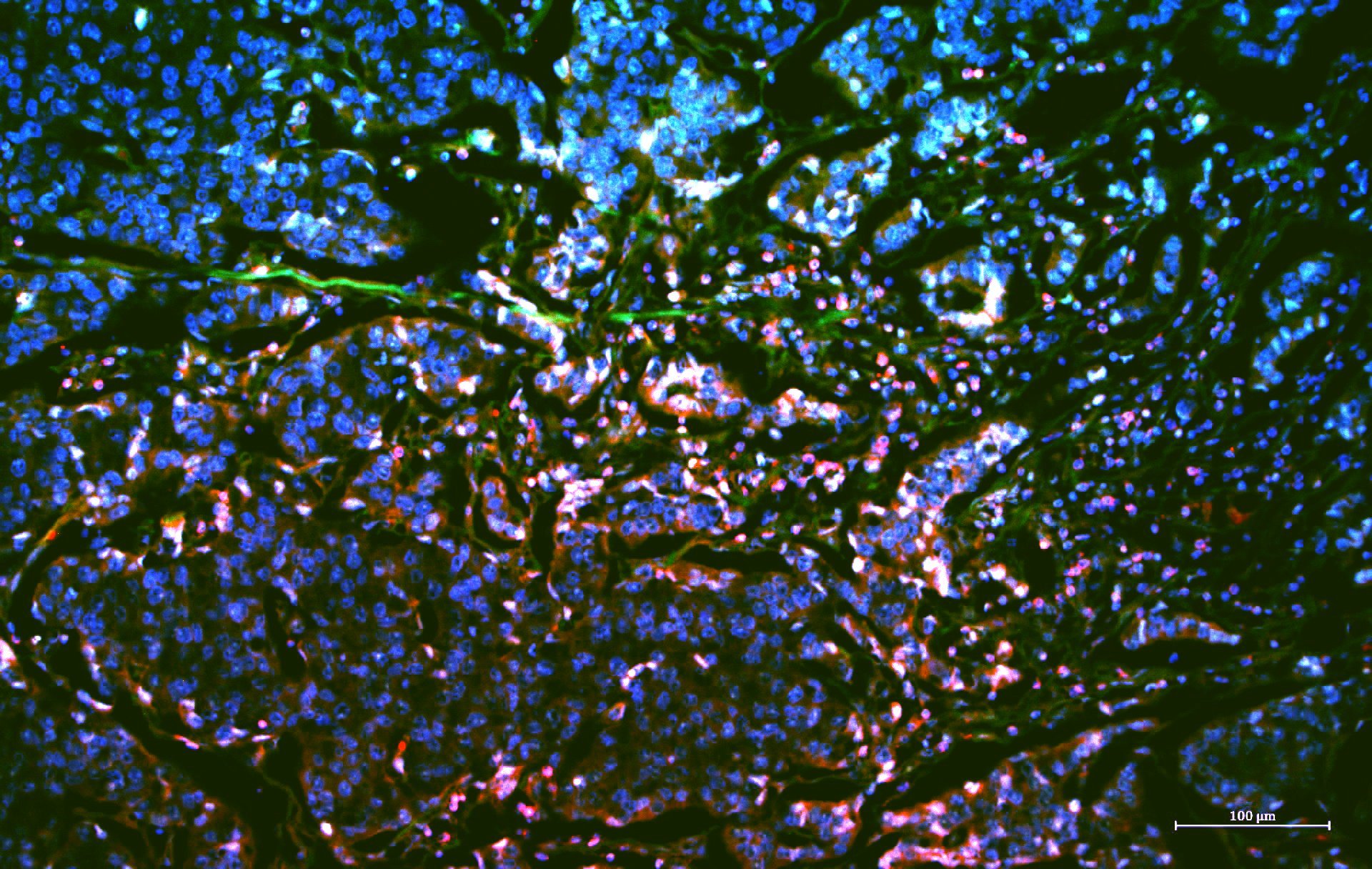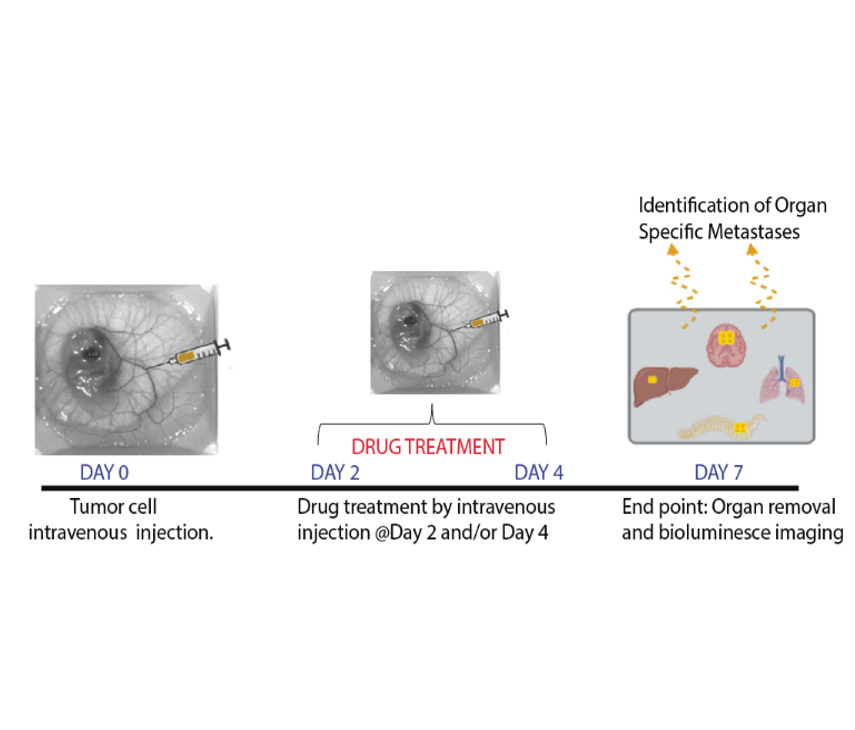
Molecular Drivers of Tumor Cell Metastasis
Metastasis is a multistep process involving tumor cell migration away from the primary site, entry into (intravasation), and out of (extravasation), the blood stream where subsequent survival and growth at a secondary site can occur. Despite being an inefficient and even unlikely event, the process of metastatic colonization does occur and is the leading cause of cancer patient morbidity and mortality. Williams lab research projects focus on molecular drivers of tumor cell metastasis to identify proteins, glycans, and enzymes with therapeutic potential.
Liquid Biopsy Development for Cancer
Williams lab research projects involve the development of non-invasive strategies to improve early disease detection, patient monitoring, and prognostication. We focus on extracellular vesicles as a platform for biomarker discover and liquid biopsy development. Extracellular vesicles are an ideal biological material for tumor detection and patient monitoring due to their abundance and stability in biological fluids.
Biogenesis and Function of Extracellular Vesicles
The Williams lab performs basic research to understand mechanisms of extracellular vesicle biogenesis, release, uptake, and impact on cellular function. We are working on platforms to support the identification of regulators of extracellular vesicle biogenesis to enhance our understanding of their biology.
Technology Development
The Williams lab works on the development of nanoscale flow cytometry for EV detection and has demonstrated how this technology can be validated and used to perform multi-panel flow cytometry to immunophenotype EVs. EVs found in blood plasma have the potential to carry information on an individual’s status of health or disease. We have also optimized flow cytometry for sorting in the small particle range. Using this technology, we are working on isolating subpopulations of EVs to learn more about the cargo they carry.
Model Development
Models to study breast cancer progression are also an important area of research in the Williams Lab. Metastatic organotropism is well documented in breast cancer and, to a certain extent, can be associated with the molecular subtype. As organotropism is not a mere coincidence but rather occurs via complex coordinated cellular, molecular and microenvironmental specific cues, our model will support future studies interrogating the regulation of site-specific metastasis





